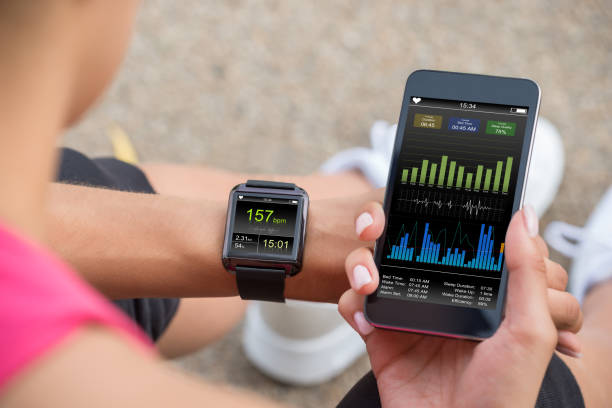Benefits of Fitness Apps for Your Health and Wellness Journey
Fitness apps help track activity, set goals, and provide guided workouts. Many include nutrition logging and progress monitoring, making them useful for supporting healthy routines and motivation. Accessibility and customization vary by app. Read to learn more about the benefits of fitness apps.

How Do Fitness Apps Improve Your Daily Exercise Routine?
Fitness apps transform exercise habits by providing structured workout plans, video demonstrations, and real-time guidance. Users can access thousands of exercises targeting specific muscle groups or fitness goals without requiring gym memberships or personal trainers. These applications often include timer functions, rep counters, and form correction features that enhance workout effectiveness.
The convenience factor cannot be overstated. Whether at home, traveling, or in limited spaces, fitness apps deliver consistent exercise options. Many applications offer bodyweight workouts requiring no equipment, while others provide routines for various fitness tools. This accessibility helps users maintain regular exercise schedules regardless of circumstances.
What Health Benefits Can You Expect from Using Fitness Apps?
Regular use of fitness apps contributes to improved cardiovascular health, increased strength, enhanced flexibility, and better mental wellbeing. The structured nature of app-based workouts helps users progress systematically, reducing injury risk while maximizing results. Many apps incorporate heart rate monitoring and calorie tracking to provide comprehensive health insights.
Mental health benefits include reduced stress, improved mood, and increased confidence. The gamification elements common in fitness apps, such as achievement badges and progress streaks, create positive reinforcement that encourages continued participation. Social features allowing users to share achievements or participate in challenges foster community support and accountability.
How Do Fitness Apps Help Track Your Progress Effectively?
Progress tracking represents one of the most valuable aspects of fitness applications. These tools automatically log workout duration, calories burned, weights lifted, and performance improvements over time. Visual representations through graphs and charts help users understand their development patterns and identify areas needing attention.
Advanced tracking features include body measurement logs, progress photos, and integration with wearable devices. This comprehensive data collection provides insights that manual tracking methods often miss. Users can identify which exercises yield the best results and adjust their routines accordingly for optimal outcomes.
Popular Fitness Apps and Their Core Features
Several established fitness applications offer diverse features catering to different user needs and preferences. Understanding these options helps individuals select apps aligned with their specific goals and lifestyle requirements.
| App Name | Provider | Key Features | Estimated Monthly Cost |
|---|---|---|---|
| MyFitnessPal | Under Armour | Calorie tracking, food database, exercise logging | Free / $9.99 Premium |
| Nike Training Club | Nike | Video workouts, training plans, no equipment options | Free |
| Peloton Digital | Peloton | Live classes, cycling, running, strength training | $12.99 |
| Strava | Strava Inc. | GPS tracking, social features, segment challenges | Free / $5.00 Premium |
| Fitbit Premium | Personalized insights, guided programs, sleep tracking | $9.95 |
Prices, rates, or cost estimates mentioned in this article are based on the latest available information but may change over time. Independent research is advised before making financial decisions.
What Makes Fitness Apps Accessible for All Fitness Levels?
Fitness apps excel at accommodating users across all experience levels through adaptive programming and customizable difficulty settings. Beginners benefit from introductory programs that gradually build strength and endurance while teaching proper exercise techniques. Advanced users can access challenging workouts and specialized training protocols typically found in professional athletic programs.
Modification options within exercises allow users to adjust intensity based on current capabilities or physical limitations. Many apps include low-impact alternatives and seated exercise options for users with mobility concerns. This inclusivity ensures that fitness remains accessible regardless of starting point or physical constraints.
The scalability of app-based fitness means users can progress naturally without outgrowing their chosen platform. As strength and endurance improve, workout difficulty automatically adjusts or users can manually select more challenging programs. This eliminates the need to switch between different fitness solutions as abilities develop.
Fitness apps have democratized access to professional-quality fitness guidance, making expert instruction available to anyone with a smartphone. The combination of convenience, affordability, and comprehensive features positions these digital tools as valuable resources for anyone seeking to improve their health and fitness levels through structured, trackable exercise programs.
This article is for informational purposes only and should not be considered medical advice. Please consult a qualified healthcare professional for personalized guidance and treatment.




